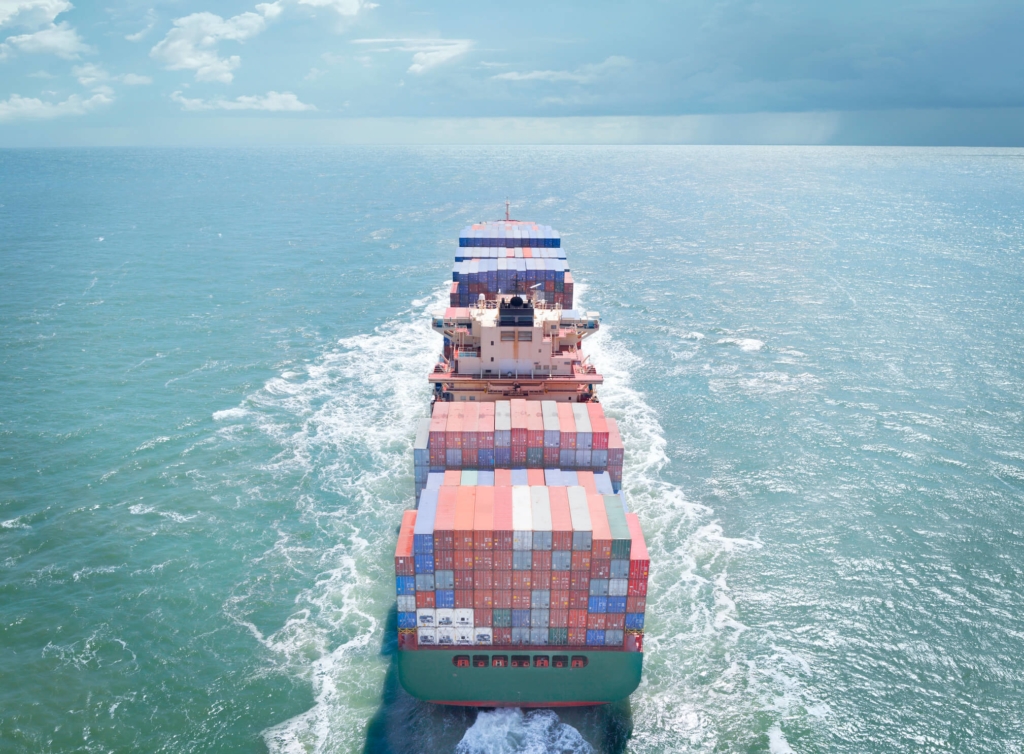EU Commission statements raise competition law concerns for shipping companies under Article 101 (3) TFEU

Introduction
Block exemption regulations (BER) for liner shipping companies have been in place in one form or another since 1986, originally as «Conference» BER, and since 2008 as «Consortia» BER. With the discontinuation, the liner shipping segment joins other shipping segments as fully subject to the competition rules in the EU, including the prohibition against anti-competitive cooperation under Article 101 TFEU. Consequently, all shipping companies must conduct thorough self-assessments as to whether any competition restriction resulting from their pooling, consortium, or alliance agreement, fulfils the conditions of an individual exemption under Article 101 (3) TFEU. That is a complex task, which seems ever more challenging after reading the Commission’s reasoning for removing the consortia BER.
Indicatively, and subject to the circumstances in each case, Article 101 (3) TFEU affords the exemption to an agreement with anti-competitive objects or effects provided the participants can show that it contributes to improving production, or services, or promoting technical or economic progress, and that it allows consumers a fair share of the resulting benefit, while simultaneously it does not impose dispensable restrictions on competition nor affords the possibility of eliminating competition. This type of assessment is highly sophisticated and requiring extensive economic and factual considerations, in addition to legal. The BERs assume that these are all fulfilled under certain circumstances, and the Commission concluded that the Consortia BER were no longer «fit for purpose». Its conclusion was based particularly on the carriers’ lack of understanding of the relevant markets and the role of market shares, and their inability to demonstrate compliance with the conditions set out in the BER.
Individual exemption under Article 101 (3)
Efficiency gains
Improving the services supplied or promoting technical or economic progress can be viewed as the fundament for invoking the individual exemption. Since the burden of proof lies with the undertakings to illustrate such efficiency gains, it becomes essential to assess:
- what types of improvements are accepted,
- how the different efficiencies are weighed, and
- when an improvement can fulfil the threshold of the criterion.
Although the benefits of increasingly efficient utilisation in international transport may seem evident, this criterion was one of the main issues when the Commission explained why the Consortia BER is discontinued: the evidence collected pointed towards, at best, limited increase in effectiveness and efficiency. The EU enforcers have emphasised that the invoked efficiencies must be based on «convincing arguments and evidence» founded on a detailed, robust, and compelling analysis of empirical data, thus enhanced knowledge of the shipping markets is essential.
Indispensable restrictions
The criterion of necessity has been interpreted as two-fold. Firstly, the consortium or pooling agreement itself must be necessary to achieve the improved efficiencies: the carriers must explain why the same could not be achieved acting alone. Secondly, the «individual» restrictions emerging from the agreement must be indispensable in that the carriers must show that the absence of the restriction would eliminate or significantly reduce the efficiencies.
Fair share for consumers
The efficiencies produced must be sufficiently «passed on» to the direct or indirect users of shipping services, within the relevant market. Consumers may enjoy a variety of benefits relevant to this criterion, both in the short term and the long term. However, it is the «balancing» of competition restrictions and efficiencies passed on, that determines whether the cooperation results in any «real value» for consumers.
The Commission suggests that the carriers’ operational costs are the main drivers for consortia. Such commercial interests for the benefit of carriers are not sufficient, and carriers must prove that such commercial gains are passed on to the shippers and end-consumers.
No elimination of competition
Regardless of the efficiencies produced, the cooperation cannot afford the possibility of eliminating competition. This can be viewed as a «safeguard» but raises the questions of
- what it takes to be deemed a «possibility» of eliminating competition, and
- what the enforcers consider a «substantial part» of the relevant market.
For specific trades as well as global and regional operations it becomes essential to determine the «relevant market» to ensure that one’s operational cooperation does not allow for the «possibility» of eliminating competition in that market.
Conclusions
With the discontinuation of the BER, all shipping companies engaged in European maritime transport are required to conduct thorough self-assessments to avoid the risk of imposition of significant fines or behavioural or structural remedies from the national and European competition authorities. The assessment ultimately boils down to whether the conditions of Article 101 (3) TFEU are fulfilled, which remains highly uncertain considering the recent statements by the Commission. These individual assessments are particularly challenging as they require not only in-depth knowledge of the application of Article 101 (3), but also comprehensive commercial understanding of the relevant shipping market, hereunder global, regional, and route-by-route trades. The mixture of legal and economic considerations makes competition law assessments within shipping markets especially demanding when assessing one’s pool agreement, consortium, or alliance. With top ranked teams both within Shipping and EU/Competition law, we would be happy to assist our clients in such assessments.
For further information on this topic please contact Asbjørn Østby, Yannis Litinas or Jan Magne Langseth. For an in-depth analysis of Article 101’s application to shipping, please refer to Marius-567 (sjorettsfondet.no), page 45 onward.
Link to article


 Post a comment
Post a comment Print article
Print article

